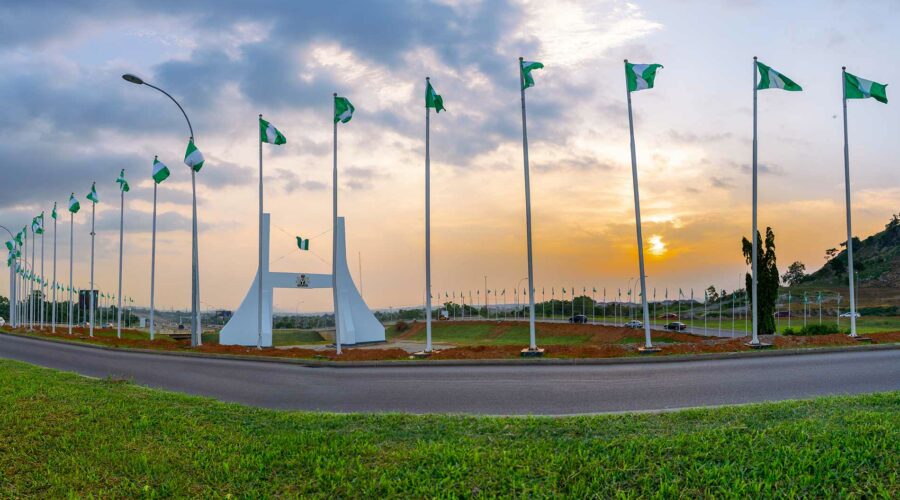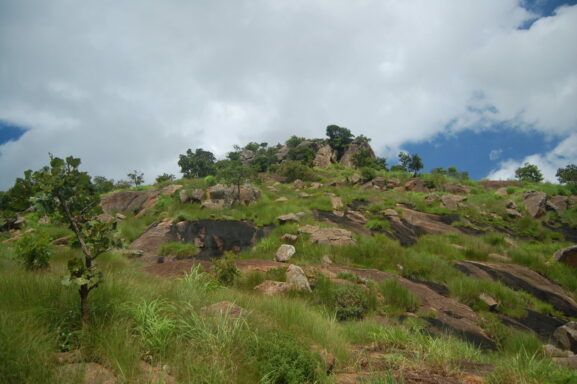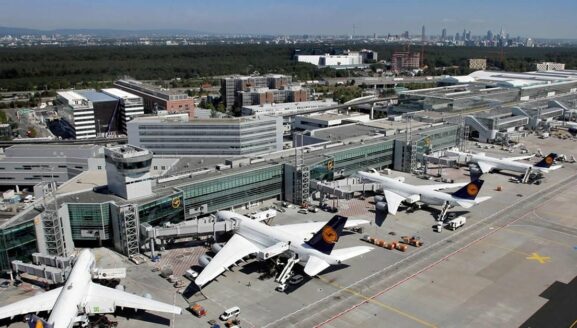Moving to Abuja: Tips for Expats Relocating to Abuja
As an expat thinking of relocating to Abuja, there are a few things that you need to get heads-up on. In this article, you will get an overview of the basic things you need to know as you are moving to Abuja.
About the City
Abuja, the Federal Capital Territory of Nigeria, lies in the very heart of the country. The city is strategically located in the middle of the giant of Africa and is a planned city aimed at bringing unity among a diverse population.
Abuja replicated Lagos in the year 1991. Since then, the city has been growing with populations coming from within the country and abroad. During the most recent census, the population of Abuja is standing at approximately 3 million inhabitants.
With this population, Abuja can be said to be the fourth largest urban center in Nigeria, and a rapidly growing population as well.
Abuja Climate
Predominantly, Abuja is hot almost all year round. The climate becomes scourging especially during the months of November and April, while also being dry at the same time. Abuja enjoys the rainy season starting from the month of April to September.
The Harmattan season comes in between the rainy season and the dry season and is characterized by cold-dry and dusty wind (the harmattan) which results in poor visibility which may be mild or severe.
Temperature highs can reach 30oC during the day and around 22oC (71.6OF) to 23oC (73.4oF) during the rainy seasons. On the flip side, temperatures during the hot dry season can rise up to 40oC during the day and drops sharply to about 12oC at night.
Life of an Expat in Abuja
Many expats choose to relocate to Abuja because of the main fact that the cost of living in Abuja is lesser than that of Lagos. To be honest, when you are thinking of relocating to any city in the Giant of Africa, Abuja should be your natural choice.
But given the negative media coverage about insecurity in Nigeria, relocating to Abuja becomes a daunting task for many expats. Indeed, your safety and security are paramount, and that is why we also took the time to make a list of places to avoid in Abuja. In addition, it is important that expats take more personal measures and precautions towards ensuring their security and that of their families, as this is required in every major city around the world.
Accommodation in Abuja
Compared to Lagos, accommodation is relatively cheaper in Abuja. But that is not to say that the cost of accommodation is relatively low.
It is worth noting that the cost of rent in Abuja may be very high, even getting beyond the salaries of most professional workers in the country. For expats working with international organizations, you are likely to enjoy complexes and estates with secured gates and mounted security posts at different locations within the estate or expat enclaves.
If you are lucky to find yourself in any of these mega-estates, then you will enjoy a community mostly made up of mostly foreigners, impressive mansions with swimming pools and state-of-the-art facilities, electric fences, and even armed guards.
Among the most affluent areas within the metropolis are Wuse 2 and Maitama. You will enjoy the fresh air and beautiful landscape of Millennium Park which is just around the corner. Maitama houses most diplomats, top government officials (like ministers and former governors), and the like.
Prices in these two places are comparable to Asokoro, which is another good central location as well. A single-room apartment can cost as high as 1,000 USD a month in the Asokoro area, the cost increases with additional bedroom spaces.
Further out is Gwarinpa, located around 20km from the core of the city. Gwarinpa stands as the largest estate in the whole of West Africa. It accommodates both upper/middle-class citizens as well as ex-pats. Rents can be high though, reaching almost about 10,000 USD annually for a two-bedroom flat.
Conclusion
If you are looking for the best resource to guide your moving to Abuja proceeds, Around Abuja stands as your most notable guide. As the country’s capital, you will enjoy the fact that communication with the locals is very easy as English is the language of predominant use.
It is also important to take note that life in Nigeria’s capital city can be challenging especially for ex-pats. But given the advantages and disadvantages, you will enjoy Abuja while working and living comfortably.



